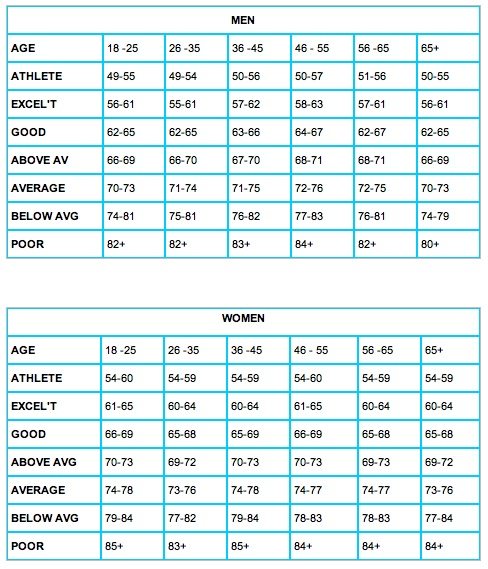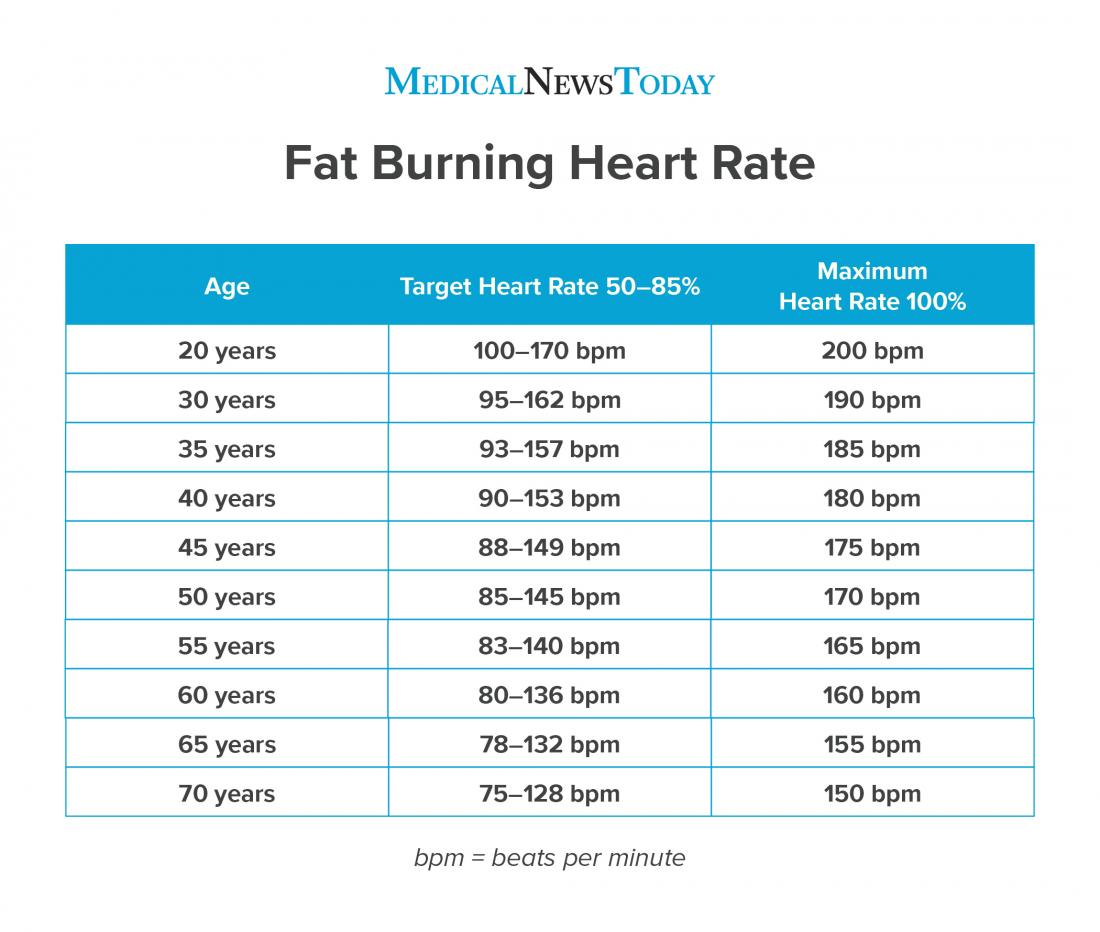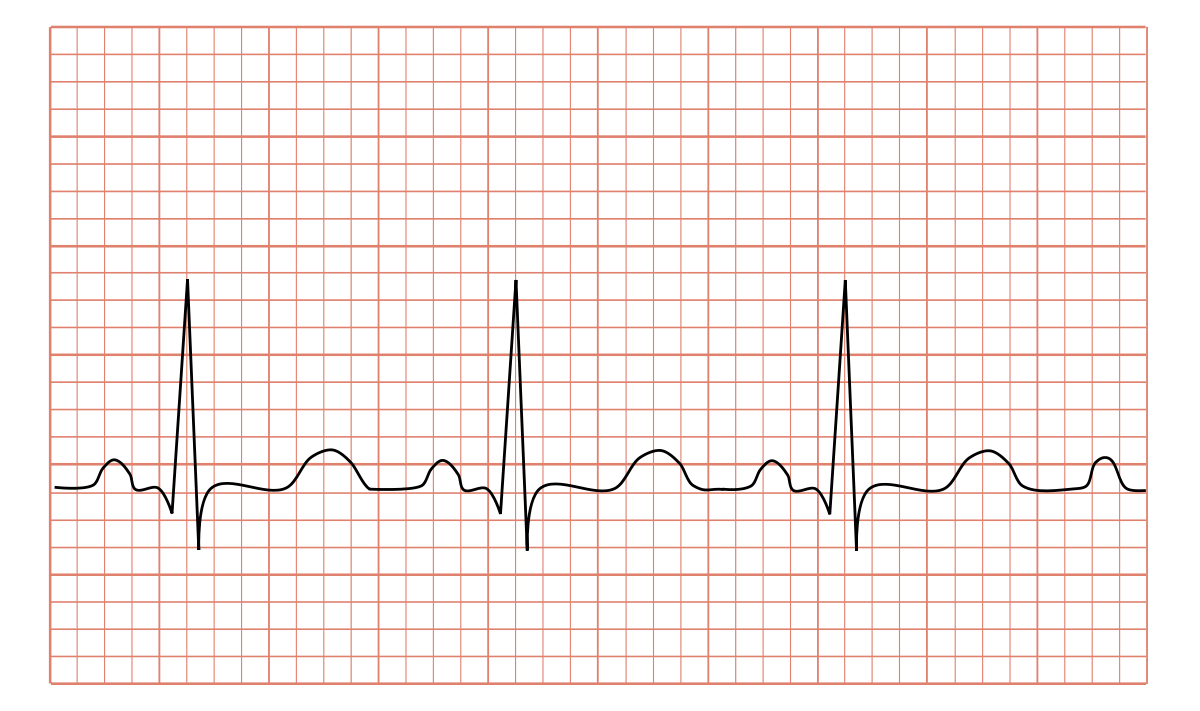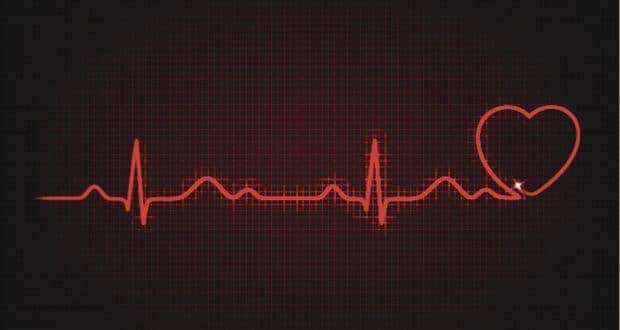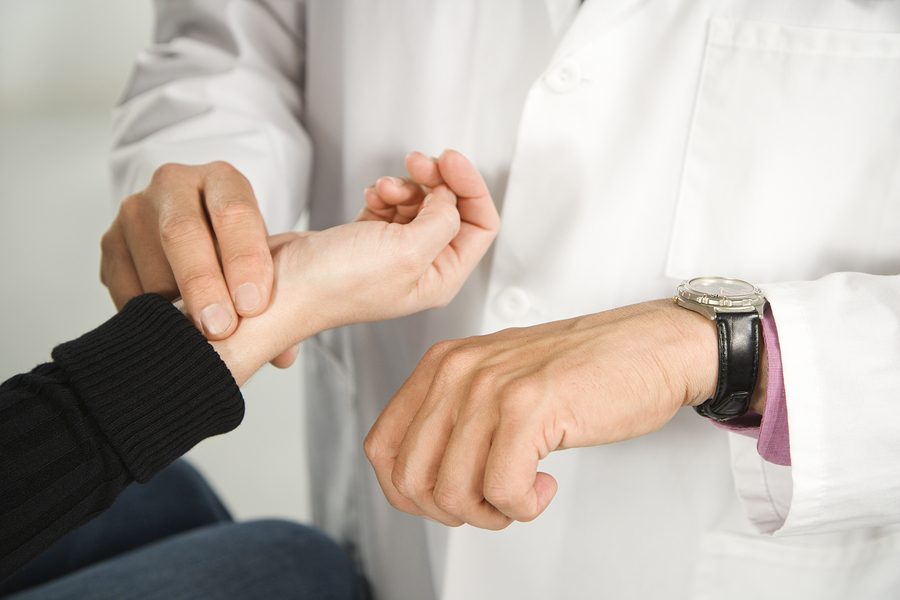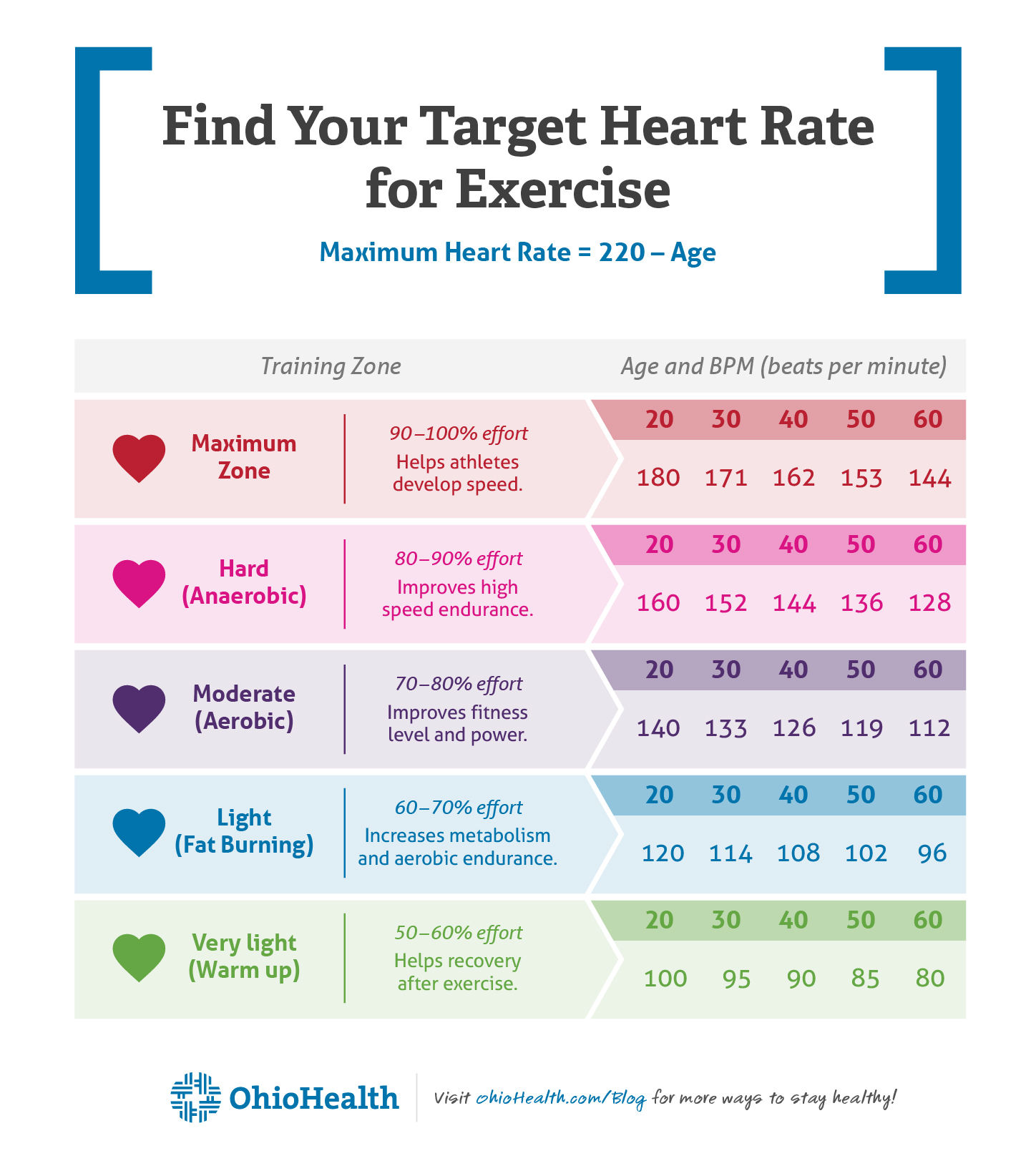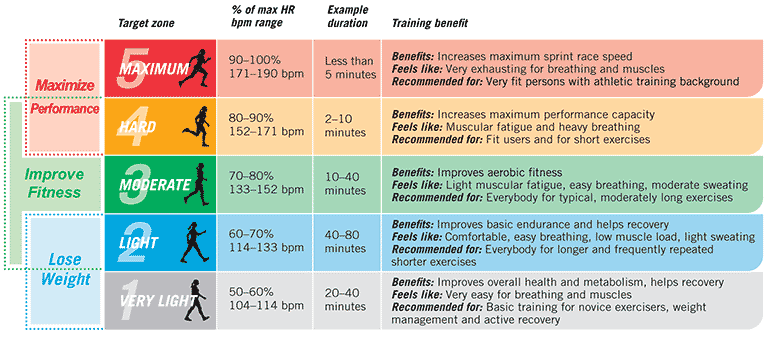These can occur from the top chamber or the bottom chamber of the heart. Tachycardia or rapid heart rate may produce either a regular or an irregular rhythm in the heart.
 Increase In Resting Heart Rate Is A Signal Worth Watching Harvard Health Blog Harvard Health Publishing
Increase In Resting Heart Rate Is A Signal Worth Watching Harvard Health Blog Harvard Health Publishing
In order to accurately measure your heart rate you will need to measure it while you are in a relaxed resting state.
Why do i have a high heart rate. Depending on its underlying cause and how hard the heart has to work it. Heart ailments such as coronary heart diseases hypertension high blood pressure pericarditis congenital heart diseases aortic regurgitation etc are likely to give rise to a higher pulse rate. Ultimately the higher your heart rate is at rest or during a workout the less efficient your heart is at supporting your activities.
The heart rate can be fast for reasons inside the heart or reasons outside the heart. A high heart rate can be due to many factors such as physical activity panic stress or anxiety. The different medical conditions that cause the heart rate to rise are as follows.
The resting heart rate is how fast your heart beats when you are simply sitting down doing nothing to increase it. Well tell you more about resting heart rates why. Heart Diseases Most people who complain of high or rapid pulse rate often suffer from some or the other heart disease.
When you sit quietly your heart slips into the slower steady pace known as your resting heart rate. Your heart rate is lower when you are resting and higher when you are doing any kind of activity or are feeling stressed or anxious. Almost always there is a medical reason that the sinus node keeps signaling for the faster rate.
Sometimes the resting heart rate can be very high or rather low due to heart rhythm problems or other issues. Tachycardia also known as a high heart rate is a term used to refer to a pulse rate greater than 100 beats per minute and may be a reflex when the body senses a. Your resting heart rate is a measure of health.
A high heart rate can also mean the heart muscle is weakened by a virus or some other problem that forces it to beat more often to pump enough blood to the rest of the body. Regardless of whether it is something as simple as walking up a flight of stairs at work or your actual workouts a heart rate closer to your resting heart rate means greater efficiency. Your heart rate changes from minute to minute.
The resting heart rate is often the result of the bodys reaction to relatively normal physiological reactions. When the heart has a fast abnormal rhythm anything over 100 but closer to 160 beats per minute it cant adequately fill with blood. Sometimes a high resting heart rate can indicate the presence of a disease or other health problem.
Addressing those conditions would likely bring the heart rate back to a normal rate. As soon as you rest the heart rate starts decreasing gradually and returns to its normal level usually within an hour. If you dont know how to take your heart rate you can download Instant Heart Rate to measure your heart rate with your phone.
It is one of the vital signs your doctor will check at every appointment. Tachycardia refers to a fast resting heart rate usually over 100 beats per minute. When you exercise your heart needs to work harder which increases your heart rate.
Stress anxiety and dehydration can all be causes for a high rate. The average resting heart rate is usually between 60 and 80 beats per minute but some athletes have resting heart rates considerably lower. Possibilities include anemia an underlying infection elevated thyroid hormone or reaction to medication.
These are known as tachyarrhythmias. The electrical system of the heart itself can cause a fast heart rate if there are short circuits that occur within it. When the hearts electrical circuits arent properly functioning the result can be a high heart rate coupled with low blood pressure Dr.
An abnormally high pulse rate above 100 beats per minute is also called tachycardia and it occurs when the heart tissues produce electrical signals rapidly affecting the upper or lower chamber of the heart or both. It depends on whether you are standing up or lying down moving around or sitting still stressed or relaxed. An increase in your resting heart rate over time may be a signal of heart trouble ahead.
Heart rates that are consistently above 100 even when the patient is sitting quietly can sometimes be caused by an abnormal heart rhythm.
